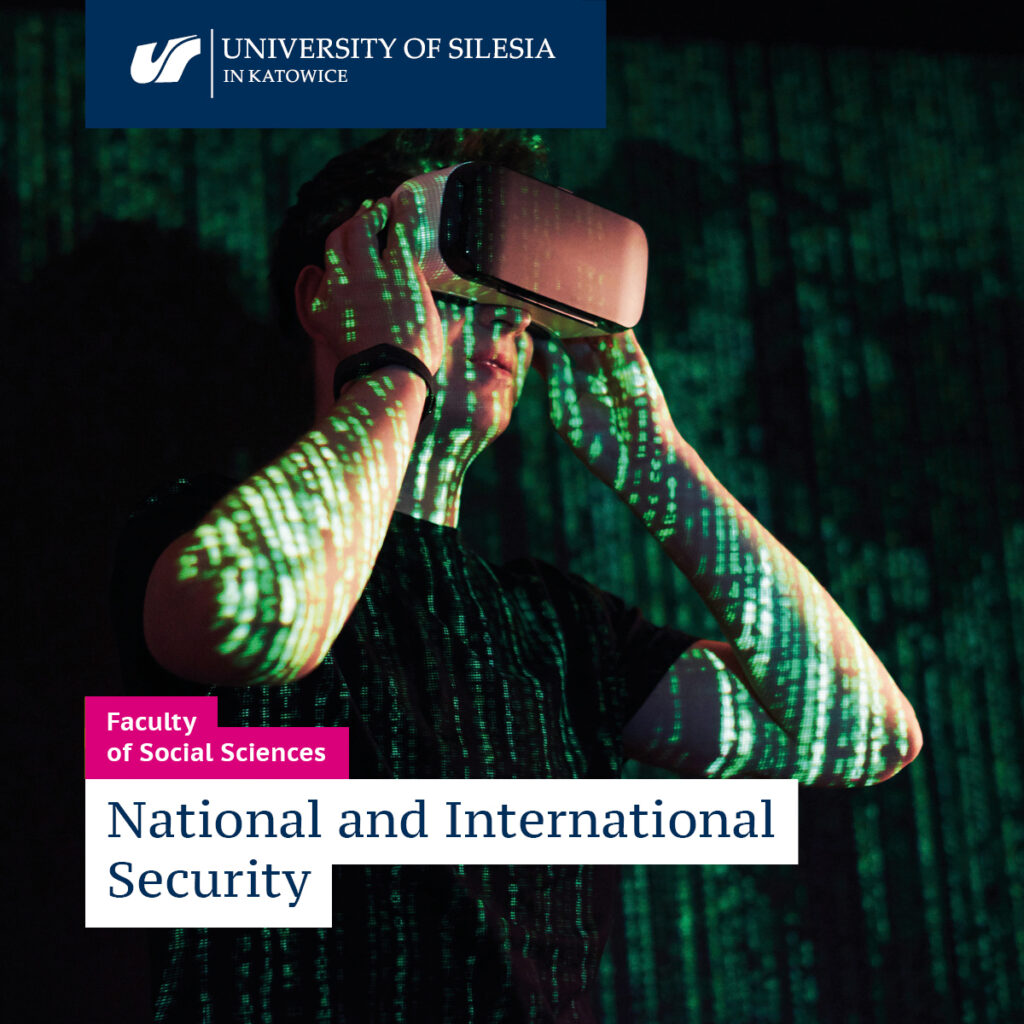National and International Security, 1st and 2nd cycle studies
Language of instruction: Polish
The students will get to know the specifics of politics, political history and security of Poland and other countries. They will learn about the operation of uniformed services, strategies, superpowers, wars, the role of the armed forces, secret services, crime, prison system, radical ideologies and ways to combat them.
Graduates will be able to continue their education at the 2nd cycle studies in the following degree programmes: National and International Security or Political Science (major: contemporary international relations). Students of the 2nd degree studies of National and International Security become specialists with broad professional prospects. They learn to think analytically, identify threats and react appropriately. They learn the secrets of political systems of various countries and regions, including the Republic of Poland, the basics of criminology and forensic science, the law of offences, propaganda and manipulation, operational intelligence activities, fundamentals of rescue operations and civil protection, techniques of obtaining information from open sources, diplomatic protocol and etiquette in practice, fire services, as well as types of weapons and armament.
They will also learn the basics of Oriental studies as well as Arabic and Chinese. Their knowledge is currently of fundamental importance for understanding the processes and phenomena affecting national and international security. What is more, the demand for security specialists with such a knowledge is currently very high.
Graduates will also be able to work in:
- governmental and non-governmental organisations whose activities include the sphere of national and international security,
- uniformed services,
- public administration,
- political parties,
- companies operating on the international markets,
- mass media,
- security research centres,
- emergency response teams.






